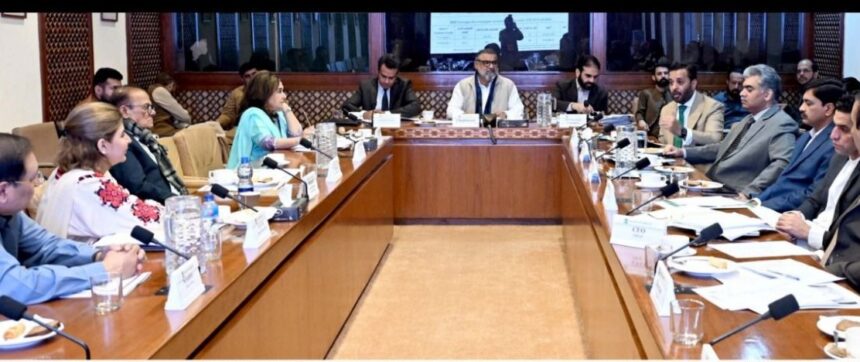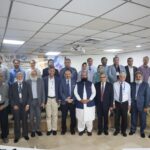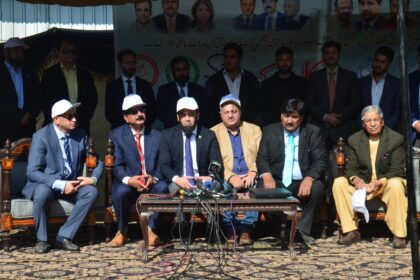The Senate Standing Committee on National Health Services, Regulations and Coordination, chaired by Senator Amir Waliuddin Chishti, warned the Ministry of National Health Services about rising medicine prices and asked for strict justification of production costs and wage increases to shield ordinary citizens from financial strain. Committee members stressed that investor confidence and reasonable business margins must be balanced against the need to keep essential medicines affordable, with greater scrutiny on any price adjustments that could push lifesaving drugs out of reach.
Lawmakers pressed for increased transparency in the Drug Regulatory Authority’s pricing decisions, urging the Ministry to strengthen oversight of the Standing Committee on Registration and to review ongoing research and development activities to prevent arbitrary price hikes. Concerns were raised that opaque treatment of cost drivers could undermine access to medicines, and the Committee called for clear documentation when manufacturers seek adjustments that affect the public.
During debate on The Drug Regulatory Authority of Pakistan (Amendment) Bill, 2025, Senator Dr. Zarqa Suharwardy Taimur welcomed the Committee’s recommendations and signalled her support for aligning the bill with measures to safeguard affordability. The Minister for National Health Services cautioned that sudden regulatory shifts could destabilise the domestic pharmaceutical sector, stressing the need for a measured transition that preserves industry stability while addressing consumer protections.
Chairman Chishti noted the nationwide implications of the proposed amendments and urged a cautious, structured reform process. The Minister committed to presenting a comprehensive policy roadmap that would incorporate input from all stakeholders, including the incoming government, to ensure any changes to pricing or registration rules are implemented responsibly.
On polio eradication, Senator Masroor Ahsan raised alarm over the continued detection of poliovirus despite repeated vaccination drives. The Minister attributed the persistence of the virus to poor sanitation, unsafe water and contaminated sewage systems in major urban centres such as Karachi and Lahore, and in southern Khyber Pakhtunkhwa, arguing that vaccination campaigns must be paired with environmental and infrastructure improvements to interrupt transmission.
Chairman Chishti urged collective responsibility and local accountability, calling for coordination among local governments, elected representatives, religious leaders and community organisations. He suggested district parliamentarians record public awareness videos in regional languages to build trust and counter misinformation around immunisation, reinforcing that polio eradication requires sustained community engagement as well as medical intervention.
The Committee also highlighted serious irregularities at the National Council for Homeopathy and demanded immediate action against fake homeopathic practitioners and unauthorised clinics. The Chairman insisted on swift implementation of curriculum and regulatory reforms to protect patients and preserve the integrity of homeopathic education and practice, warning that the matter would be reviewed again if timely action was not taken. The Minister assured the Committee that reforms were underway and would be carried out without delay.
Senator Chishti emphasised that strengthening oversight, improving transparency around medicine prices and addressing both public health infrastructure and regulatory gaps are essential to protect vulnerable communities across Pakistan. Those present included Senators Dr. Zarqa Suharwardy Taimur, Rubina Khalid, Samina Mumtaz Zehri, Anusha Rahman Ahmad Khan, Dilawar Khan and Syed Masroor Ahsan, along with the Minister for National Health Services and senior officials from the concerned departments.











